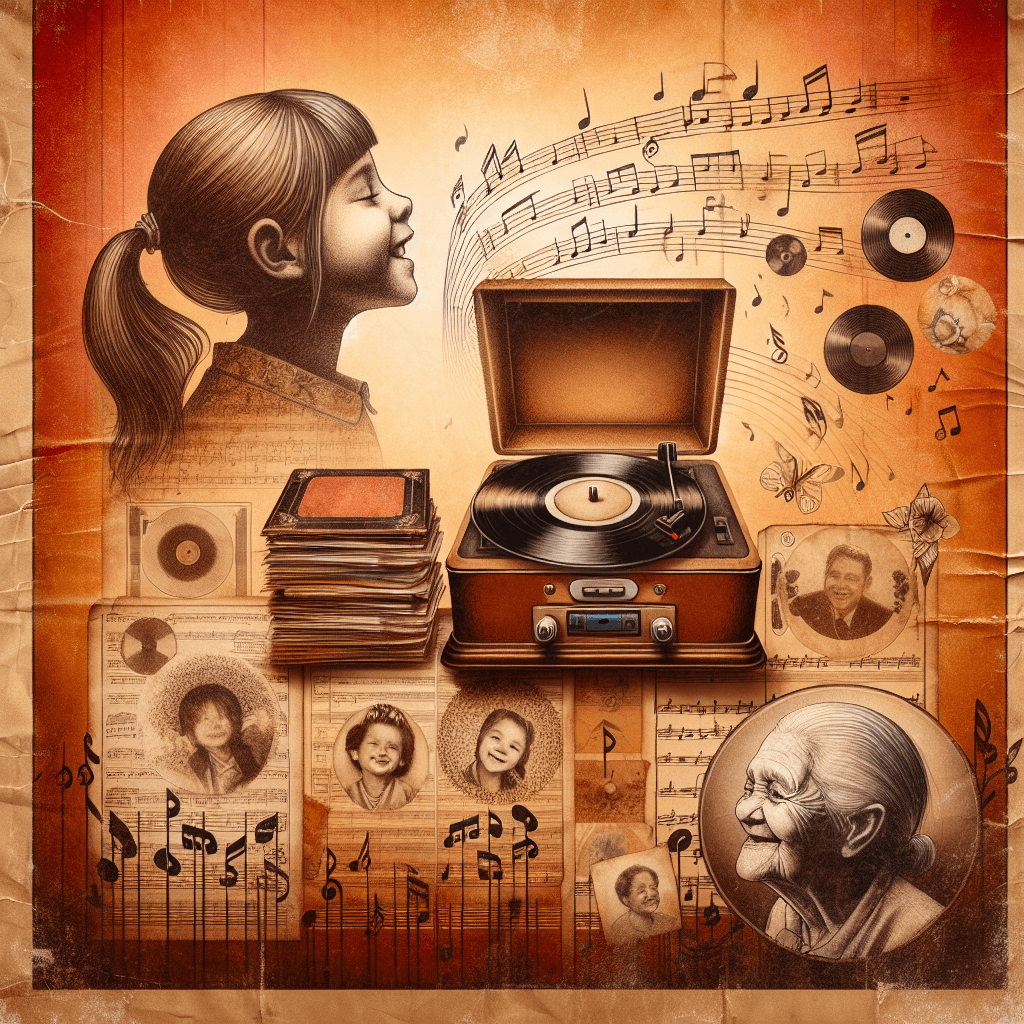Why does music from your youth evoke such strong emotions and memories
That chord progression isn't just music; it's a neurological time machine hardwired to the most formative moments of your life.


Too Long; Didn't Read
TLDR: Your teenage brain is in a crucial development stage that hardwires music directly to intense emotions and memories, creating a powerful nostalgia trigger for the rest of your life.
The Nostalgia Playlist: Why Does Music from Your Youth Evoke Such Strong Emotions and Memories?
Have you ever been driving, flipping through radio stations, when a song you haven't heard in years suddenly starts playing? Instantly, you're not in your car anymore. You're at your high school prom, on a summer road trip with friends, or in your childhood bedroom, feeling all the emotions of that moment rush back. This powerful, involuntary trip back in time is a universal experience. The connection between music and memory is profound, especially when it comes to the songs that formed the soundtrack of our youth. But this isn't just simple nostalgia; it's a complex interplay of brain development, psychology, and identity formation. This post explores the science behind why music from your youth evokes such strong emotions and memories.
The Brain's "Reminiscence Bump"
A key reason your teenage anthems feel so significant is due to a psychological phenomenon known as the "reminiscence bump." This is the tendency for adults to have an increased number of autobiographical memories from their adolescence and early adulthood (roughly ages 10 to 30). This period is packed with "firsts"—first love, first car, first taste of independence—and our brains are primed to encode these novel experiences with extra weight.
Because music is so often present during these formative years, it becomes deeply entangled with these potent memories. According to research in cognitive neuroscience, the music we listen to during the reminiscence bump gets hardwired into our neural pathways more permanently than music we encounter at other stages of life. When you hear that song again, it acts as a powerful cue, unlocking the vivid, emotionally charged memories it's connected to.
A Potent Neurochemical Cocktail
The intense connection between youthful music and memory is also rooted in our brain's chemistry and development. During our teenage years, the prefrontal cortex—the part of the brain responsible for decision-making, social behavior, and linking memory with emotion—is in its final stages of development. It's highly active and malleable, forging strong and lasting neural connections.
When you listen to music you love, your brain releases a flood of neurochemicals, including:
- Dopamine: This neurotransmitter is associated with pleasure and reward. The pleasure you felt listening to a song for the first time gets locked in with the memory.
- Serotonin: This chemical is linked to mood and well-being, which is why certain songs can instantly lift your spirits.
This process involves a tight collaboration between several brain regions. The hippocampus acts as a memory index, while the amygdala, the brain’s emotional processing center, tags those memories with feeling. When music activates this network, it doesn't just trigger a memory; it triggers the feeling of that memory, making the experience incredibly visceral and real.
Music as the Soundtrack to Identity
Beyond the neurobiology, music plays a crucial role in shaping who we are. Adolescence is a time of intense identity formation. We use music to explore our emotions, to connect with peers, and to signal to the world what kind of person we are. The bands on our T-shirts, the posters on our walls, and the lyrics we scribbled in our notebooks weren't just entertainment; they were building blocks of our identity.
Because these songs are so deeply integrated into our sense of self at a critical developmental stage, they carry an emotional weight that music discovered later in life rarely achieves. They represent a time of self-discovery, rebellion, and belonging. Hearing those songs again doesn't just remind you of a party or a breakup; it reminds you of who you were at that moment in time, connecting you to a younger version of yourself.
Conclusion
The powerful pull of the music from our youth is far more than a simple trick of memory. It is a scientific phenomenon grounded in the way our brains develop and encode our most important life experiences. The combination of the "reminiscence bump," a potent neurochemical response, and the role of music in identity formation creates an unbreakable bond between sound, emotion, and memory. These songs become personal time capsules, preserving the feelings and events that shaped us. So the next time an old favorite comes on and sends you hurtling back in time, you'll know it’s the beautiful, intricate work of your own brain, playing the soundtrack of your life.


